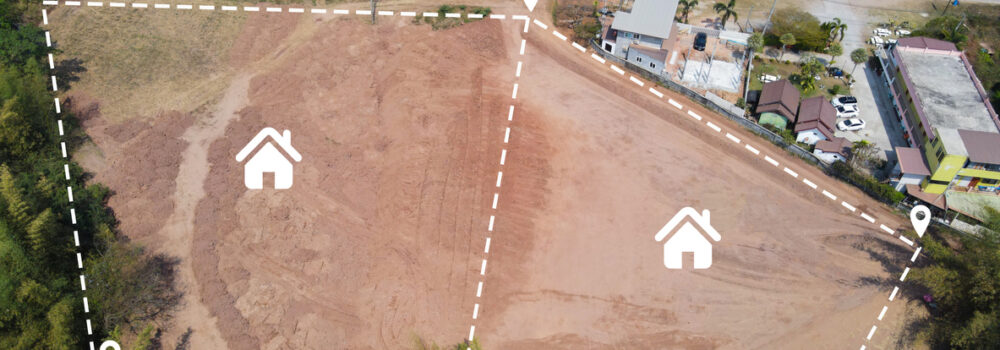As a general rule under section 57 of the Land Act 1994 (the Act) a trustee may lease all or part of the trust land if the trustee first obtains the Minister for Resources’ approval to the lease.
However, in April 2024, amendments to the Act took effect broadening the ability of trustees to deal with trust land.
Amongst other changes, these amendments give local government trustees the ability to grant leases that were both consistent and inconsistent with the purpose for which the trust land was reserved or granted in trust, without needing to first obtain the Minister’s approval.
Inconsistent purposes
Previously, if the permitted use of a trustee lease was inconsistent with the purpose for which the trust land is dedicated as a reserve or granted in trust, trustees needed Ministerial consent to grant the trustee lease.
However, following the recent changes to the Act, a trustee Council may grant a lease that is inconsistent with the purpose of the reserve without the Minister’s approval where:
- the local government has prepared a management plan for the land that states how the lease would not diminish the purpose of the trust or adversely affect the public interest; and
- the lease is consistent with the management plan.
Written Authority
Under section 64 of the Act, where the Minister considers it appropriate, they can give a relevant person, such as a trustee, a written authority dispensing with the need to obtain the Minister’s or chief executive’s approval for trustee leases.
Prior to the amendments to the Act, Councils could rely on the ‘Written Authority No. 1 (2020) – section 64 of the Land Act 1994’ to grant trustee leases without the Minister’s consent only where:
- the trustee lease was consistent with the purpose of the trust land;
- the lease complied with the requirements of section 7(2) of the Land Regulation 2020; and
- a copy of the Written Authority formed part of the trustee lease documents lodged for registration in the Queensland Land Registry.
The changes to the Act now mean that for Councils granting a trustee lease (construction) or a trustee lease (state or statutory body), section 57 now no longer requires the written authority to be deposited.
Conclusion
In light of these broadened powers, Council will only need approvals when granting trustee leases when the lease is inconsistent with a management plan or if the local government does not have a management plan for the relevant trust land.
Preston Law assists Councils throughout Queensland in all aspects of trustee leasing, and land tenure matters generally. If you have any queries about this blog, or leasing matters generally, please do not hesitate to contact our team.

